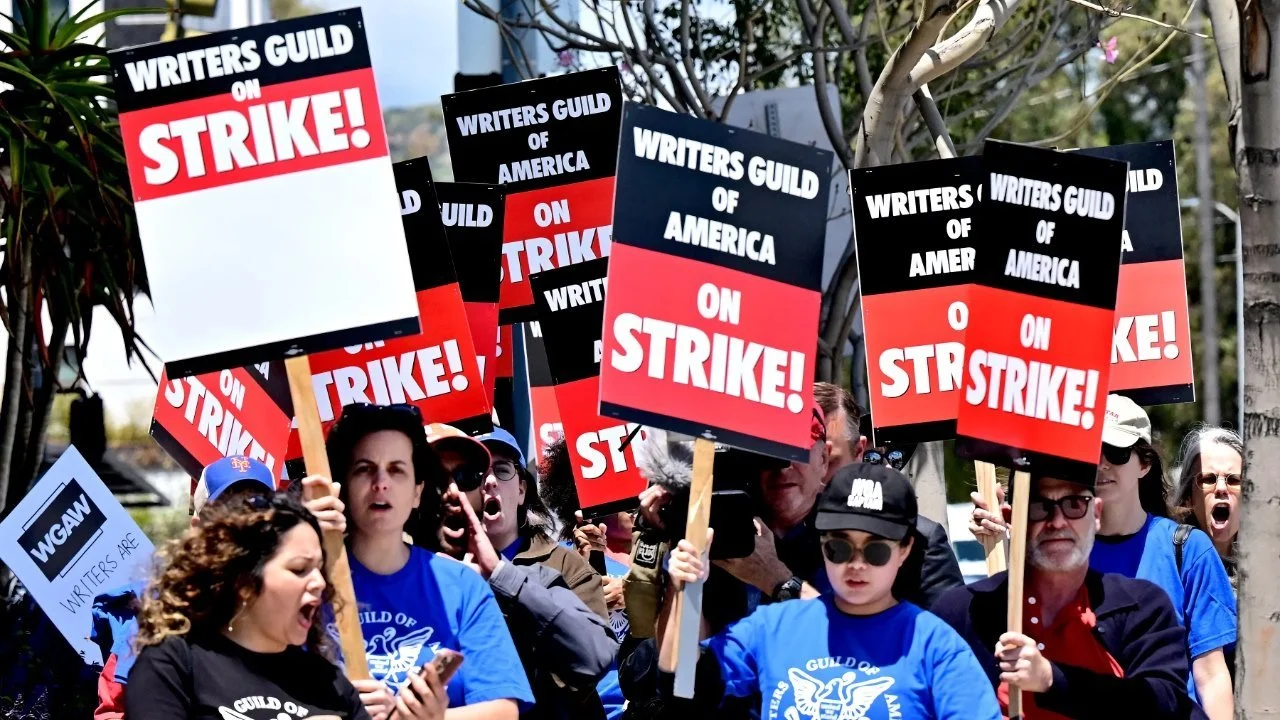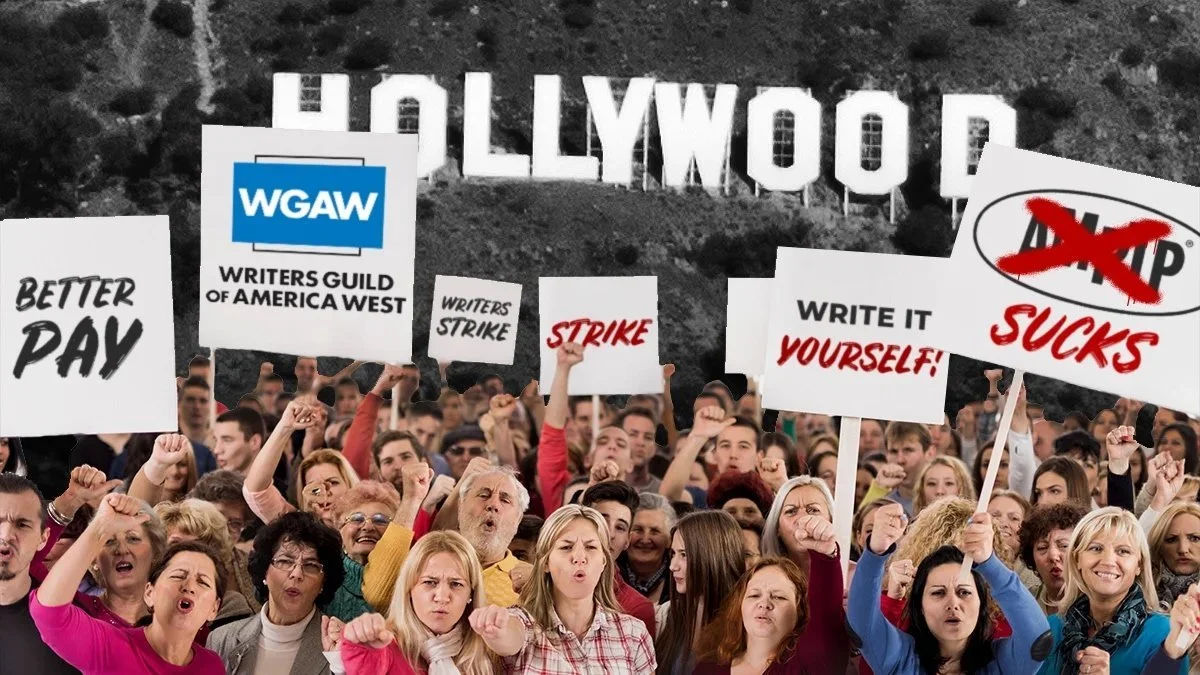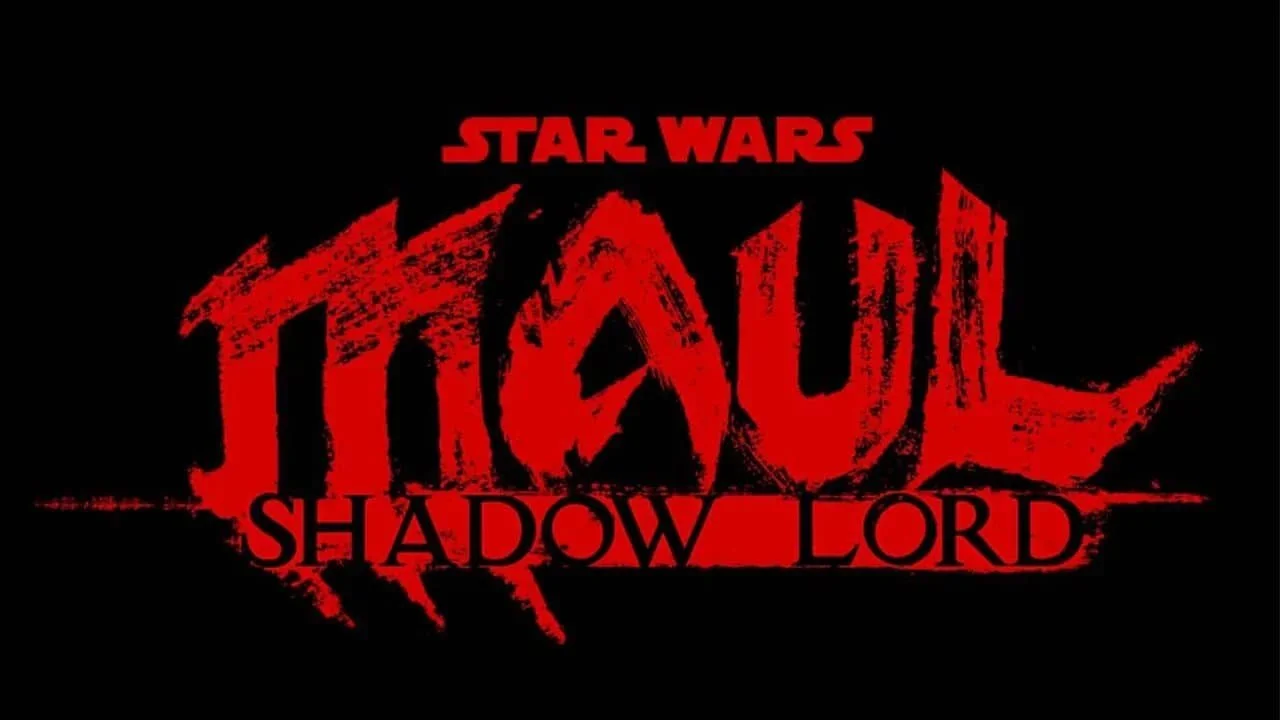Writer's Guild Strike: What's Next As More And More Organizations Come Close To Joining The Strike
Image Source: Wired
On May 2, the Writers Guild of America (WGA) proclaimed a strike after their previous contract with the Alliance of Motion Picture and Television Producers (AMPTP) had expired the day before, and both sides had been unable to reach a new agreement.
It is the first strike of this kind since November 2007, and the rationales behind it extend much further than just a demand for higher wages; many writers feel treated like gig workers, so one of the WGA's main requests includes having rooms with at least 6 writers, including 4 writers-producers for at least 10 consecutive weeks. "We create these scripted shows, and we insist on determining the minimum staff size it takes to script them," one writer has put it.
RELATED:
Another postulation is a change to the cadence of payments: currently, writers receive 50% when they start a job and the rest when they turn in a completed draft, while the WGA's proposal includes a 50% payment at commencement and the rest spread weekly over the writing period. Furthermore, the WGA wants to regulate the extent the studios are allowed to use artificial intelligence tools to alter scripts once they have been turned in. The full list of WGA proposals can be found here.
So far, both sides could only agree on relatively minor things (like script fees for staff writers or reruns) but remain at odds on major topics of the new contract, with each side accusing the other of having provoked the current situation.
Following the outbreak of the strike, the AMPTP did what most buyers tend to do when one of their resources runs dry: they tried to use writers in different countries in place of the American ones, but writers' guilds from Australia to the United Kingdom, from Italy to France to Isreal immediately sided with their US colleagues, and refused to step in.
So what does this mean for current and future projects?
Source: The Wrap
Talk- and late-night shows like Jimmy Kimmel Live, Saturday Night Live, and The Daily Show are hit hardest, and many have either shut down or are on a hiatus. Also heavily affected are sitcoms, with their tight production schedule and no large backlog of finished scripts before shooting begins. Other productions like Star Wars Andor or House of the Dragon continue with the material they have. Big cinematic projects are least affected because their scripts have to be ready well in advance.
But it's not that the desks of the studios' executives are suddenly void of scripts. Many writers turned in their work at the eleventh hour, shortly before the strike began. “We no joke got 2,348,283,479 scripts dumped on us [Monday] night,” one studio executive said. But there is a bigger problem: if these scripts don't fit, there is currently no way to obtain amendments or rewrites, should they become necessary.
While writers and the WGA stand united, the production studios are more nonuniform. Some of them have issued policies stating not to send any notes to their writers, while others are at least considering getting in touch with those they believe to be non-hardliners, although chances of a response are practically null, as the WGA outright forbids them.
There is no way to tell how long the strike will last. The one in 2007 carried on for 14 weeks, and some say that the current one might continue throughout the summer, while others believe that the conflict could be resolved in a matter of days. As usual in such situations, both sides will likely have to make compromises, because ultimately they depend on each other.
READ NEXT:














